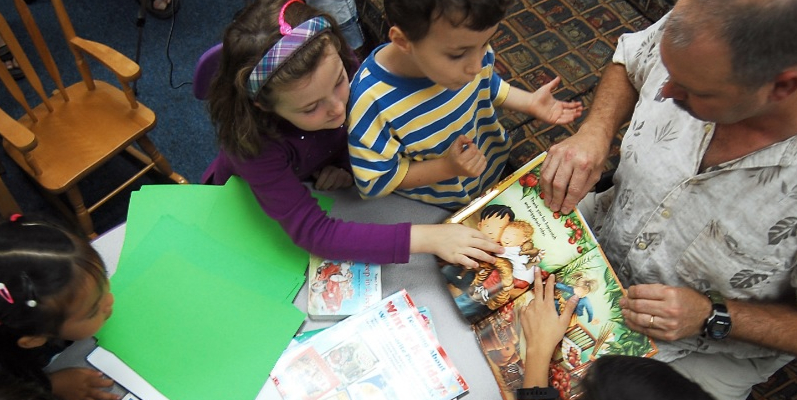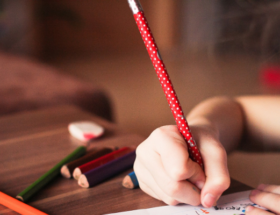Most of my teacher friends here in Texas are headed back to school sometime this week. There’s a lot of excitement mixed with a little dread. And that’s completely understandable.
Before the name tags are printed and the bulletin boards are perfected, please take a few minutes to be as nurturing to yourself as you are to your students.
Make a Self-Care Plan
A self-care plan facilitates physical, emotional, spiritual well-being, helps to minimize stress, and promotes positive professional relationships. Be wise by identifying practices that lead to contentment in your personal and professional life. Take the time to regularly reflect on how well you’re creating a healthy margin between work and home life by intentionally scheduling and executing your self-care plan. Promote your own health by:
- Getting plenty of sleep
- Choosing a healthy diet
- Making time for daily exercise
- Taking advantage of sick days and personal leave
- Meeting regularly with supportive friends and family
- Scheduling time for hobbies or your favorite pastime
- Finishing your day by jotting a few thoughts and celebrations in a journal

Re-evaluate your plan periodically by asking yourself about things (or people) that thwart your attempts at self-care. If you’re not in a position to completely remove the deterrents, then think of ways to adjust your plan. Think strategically and fine tune your self-care plan to increase the likelihood of its positive effects.
Be Kind to Yourself
There will be tough days in the school year ahead. It’s critical to frontload a plan for dealing with those inevitable aggravations.
We most often decide on a crappy day that we need to pump up our self-esteem. In a recent Atlantic Monthly article, Kristin Neff, a psychology professor at the University of Texas, states that inflating one’s ego is not the healthiest approach.
Neff says that we should respond to our difficulties instead with a stiff dose of compassion.
So, when we have self-compassion, when we fail, it’s not “poor me,” it’s “well, everyone fails.” Everyone struggles. This is what it means to be human. And that really radically alters how we relate to failure and difficulty. When we say, “Oh, this is normal, this is part of what it means to be human,” that opens the door to grow from the experience. If we feel like it’s abnormal, this shouldn’t be happening, then we start blaming ourselves.
What I hear Neff saying is that when we’re less than happy with our performance or results (and you know we talk endlessly about performance and results in education), we can be kind to ourselves by extending a little grace. We can say to ourselves, “Everyone has tough days, this is one of them. I’ll give myself a little time later this week to reflect and formulate a plan, but I will not let this define me today.”
I think, too, that if we’ll take up the practice of reflecting for even 5-7 minutes at the end of each day on the things that went well, we’ll find that it’s a form of pro-active compassion. We can give ourselves a chance to see the good things that happened in the learning community on that day.
Issues that need attention or improving are not forgotten or ignored. They’re just mixed in with the joy of accomplishment by teacher and students.
That makes for a healthy, balanced care of one’s self in the oftentimes thorny profession we’ve chosen as a life calling.
Teachers, you’ve already spent hours planning so your students not only survive, but thrive in the upcoming school year. Be good to yourself and dedicate some of that planning time for a healthier you.
References:
“Developing a Self-Care Plan.” Gender and Sexuality | Understanding Wellbeing | ReachOut Schools, schools.au.reachout.com/articles/developing-a-self-care-plan.
Khazan, Olga. “Forget Self-Esteem-Try Self-Compassion Instead.” The Atlantic, Atlantic Media Company, 6 May 2016, www.theatlantic.com/health/archive/2016/05/why-self-compassion-works-better-than-self-esteem/481473/.










